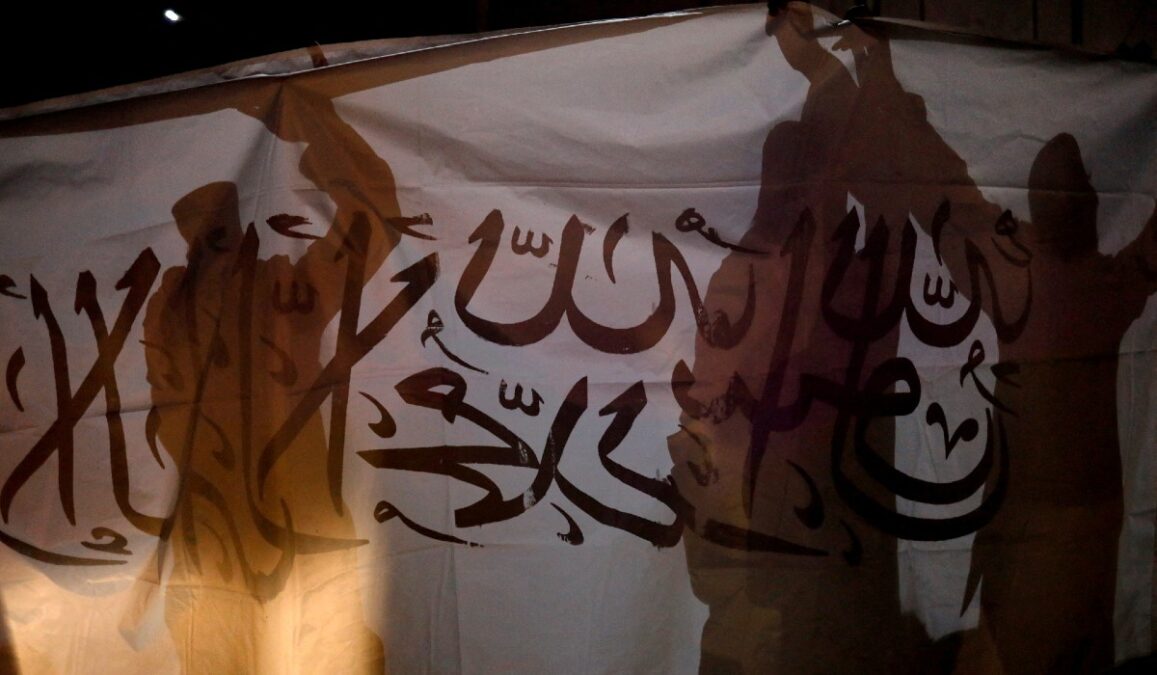Taliban in a statement on Friday prohibited religious scholars from engaging in public debates and discussions deemed “inappropriate,” warning against organizing such debates in the media.
The directive, issued by the office of the prime minister, also advises against inviting religious students to public events and gatherings.
In the statement, released on Friday, the Taliban outlined new guidelines for scholars, emphasizing the need to prevent “disputes and superstitions.” The decree specifically prohibits “controversial discussions” that could lead to public debates, which the Taliban claims sow discord.
“Those scholars who provoke divisions, promote superstitions, and continue to use improper language in public forums and media are misleading the people and seeking fame,” the statement reads. It further instructs school administrators and the public not to invite such individuals to events, ceremonies, or gatherings, nor to offer them platforms for public speaking, stating that their messages “harm the Islamic community and create conflict.”
The Taliban argues that these divisive debates undermine the reputation of religious scholars. The decree urges scholars to avoid addressing “rare or isolated issues” that could lead to confusion or misunderstanding among the public.
Instead, the Taliban insists that religious leaders focus on topics that promote “the benefit and happiness of both this world and the hereafter,” and that strengthen unity and solidarity within the country.
The decree also bans the dissemination of educational or Sufi materials from “exclusive circles,” signaling a broader crackdown on certain religious practices.
This directive comes after a prominent religious scholar in Herat publicly challenged the Taliban’s Minister of Higher Education last month, inviting him to a debate on girls’ education. The minister, Neda Mohammad Nadeem, did not respond to the challenge.





